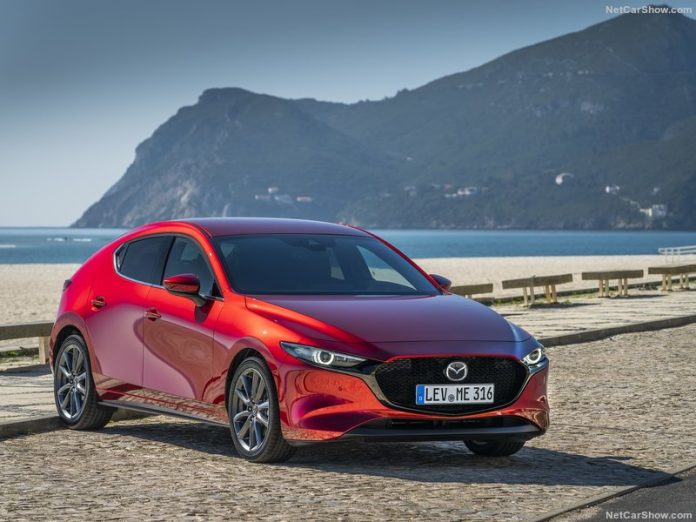Singapore Car Market increased significantly in 2024. May totaled 3,188 new sales (+44.0%). BYD reaches the top 2 while booming 620.8%.
Market Trend and Outlook
Singapore’s Car Market in April reports the 7th positive consecutive month, increasing by 44.0% while registering 3,188 sales. YTD sales up to 14,802 units (+35.9%).
Looking at cumulative data up to May 2024 brand-wise the leader is still Toyota with 2,565 sales (+10.3%), followed by BYD -up 6 spots- at 2,184 sales (+620.8%), BMW at 1,988 (+42.8%) and Mercedes -down 2 spots- with 1,974 sales (+5.9%).
Honda loses 1 spot, ranking into 5th with 1,156 registrations (+10.0%), followed by Hyundai -up 5 spots- in 6th with 729 units sold (+171.0%), Tesla -up 3 spots- with 661 sales (+133.6%) and Nissan -up 3 spots- in 8th with 617 sales (+26.2%).
Kia loses 2 spots ranking in 9th with 506 sales (+55.2%) and Mazda -down 4 spots- closes the top 10 with 452 vehicle registrations (+19.3%).
Looking at specific models the Toyota Corolla maintains 1st spot whilst growing 29.3% from the previous year, followed by the Mazda3 up 28.8%.
Medium-Term Market Trend
The car market in Singapore has had a few ups and downs in the last decade. From 2010 to 2014 demand for car passengers fluctuated between 41k and 20k. Following a 28.8% growth in 2014, the market broke the 40k resistance in 2015 closing the year at 66,740 cumulative sales. Demand for car passengers continued to grow until reaching the current all-time high at 91,980 in 2017. In 2018 the market rebounded, falling two years in a row and reaching 72,408 sales by the end of 2019.
The arrival of the pandemic in 2020 caused many manufacturers and distributers to shut down. This brought the car market to a halt and sales fell 38.6% down to 44,463.
Singapore’s car market slightly recovered in 2021 reaching 45,442 sales. While in 2022 sales fell 31.9% to 30,934. In 2023 sales slightly fell back, while reaching 30,221 registrations (-2.3%). A combination of factors are behind the current industry struggle: the disruption in the global supply chain caused by a lack of raw materials, in particular for the production of microchips and Governments push towards Evs, an expensive alternative for low income consumers.
Tables with sales figures
In the tables below we report sales for all Brands and top 10 Manufacturers Group.











